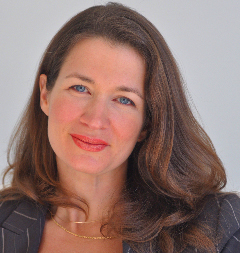I am often contacted by couples looking for an officiant to perform a “legal” or civil ceremony for them. Their thinking is that a Humanist wedding – which can indeed be spiritual and filled with beautiful cultural rituals and traditions – is simply a “civil” ceremony because it does not fall into our conventional understandings of wedding ceremonies, which indeed in the past largely fell into two basic categories — religious and civil (both are legal). Humanism is often mistaken for Atheism, which could in part be the reason for this confusion. But the truth is that while some Humanists are indeed Atheists, Humanists stand for some pretty distinctive things that are often very much in line with a less religious but not necessarily Atheistic and certainly more diverse views people hold today. Humanists and their work are generally informed by 10 guiding principles.
Humanist weddings offer a an alternative to both the religious and also the purely legal ceremony. They are inclusive in nature, progressive, reflecting the diversity of culture and views in our society today. It is perhaps because of that that they are growing in popularity — both here in North America and in Europe.

